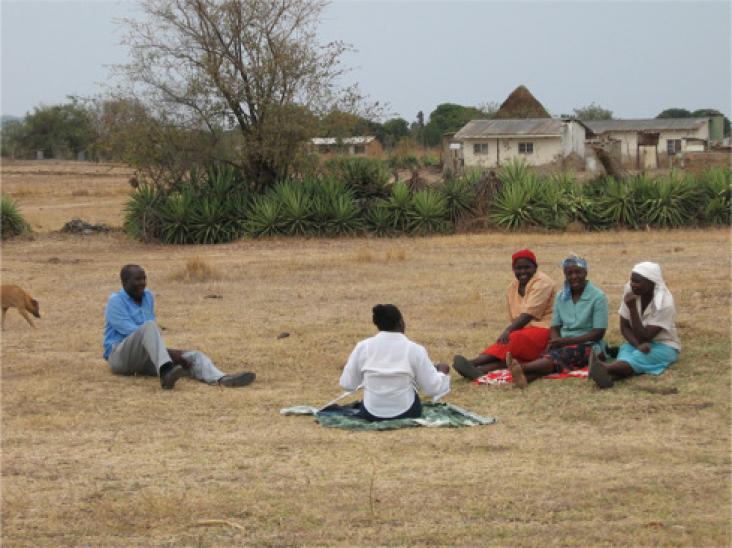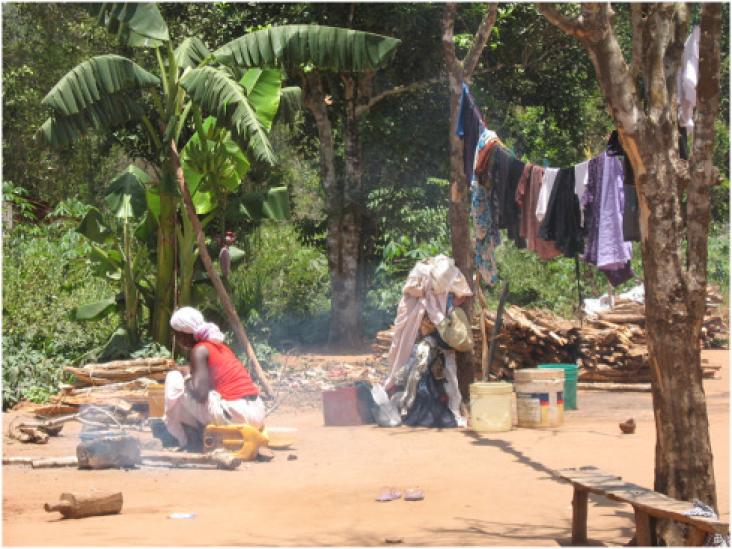Handbook of Advanced Approaches Towards Pollution Prevention and Control, 2021, Pages 281-305
Handbook of Aging and the Social Sciences (Ninth Edition) Handbooks of Aging 2021, Pages 131-149
Barefoot Global Health Diplomacy, Field Experiences in International Relations, Security, and Epidemics, 2021, Pages 27-49

Barefoot Global Health Diplomacy, Field Experiences in International Relations, Security, and Epidemics, 2021, Pages 51-73

Human Sexuality, Function, Dysfunction, Paraphilias, and Relationships, 2021, Pages 63-105
Children and youth with intellectual and developmental disabilities (I/DD) are at increased risk for obesity, metabolic syndrome, type 2 diabetes, hypertension, hyperlipidemia, and a host of other
